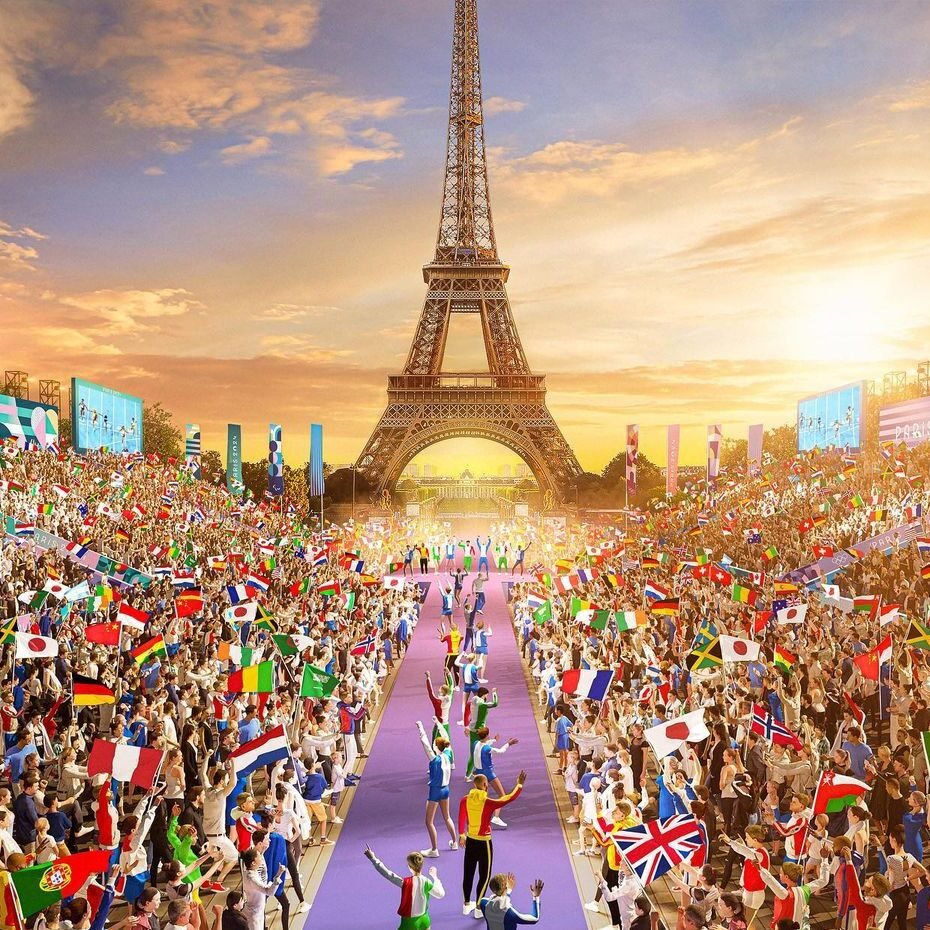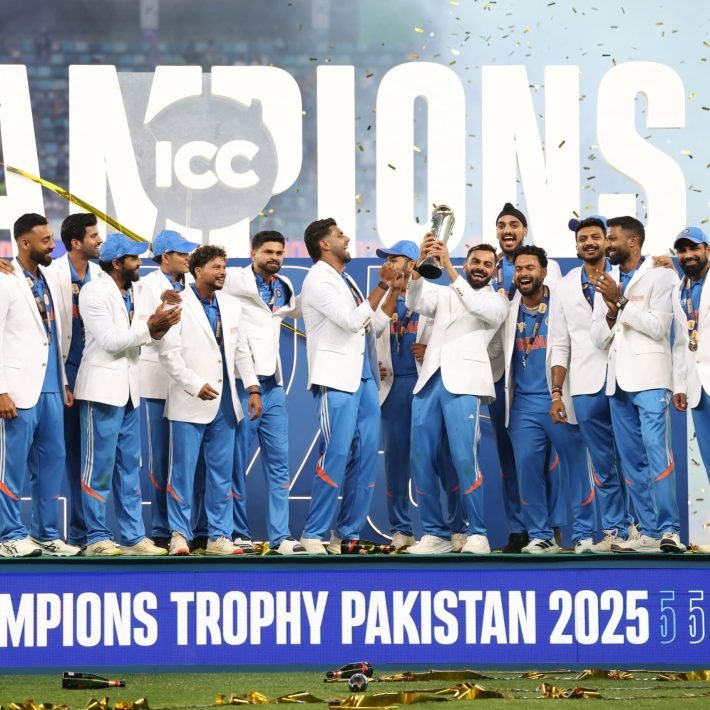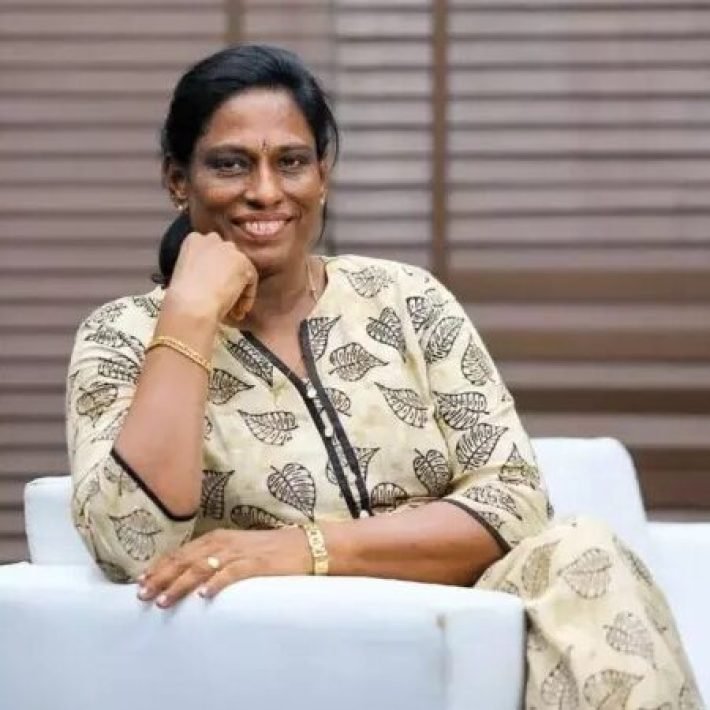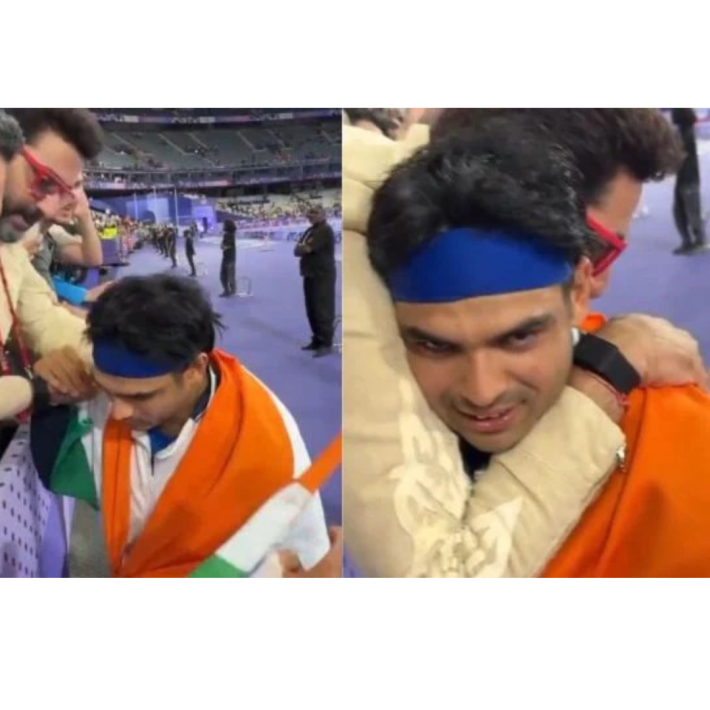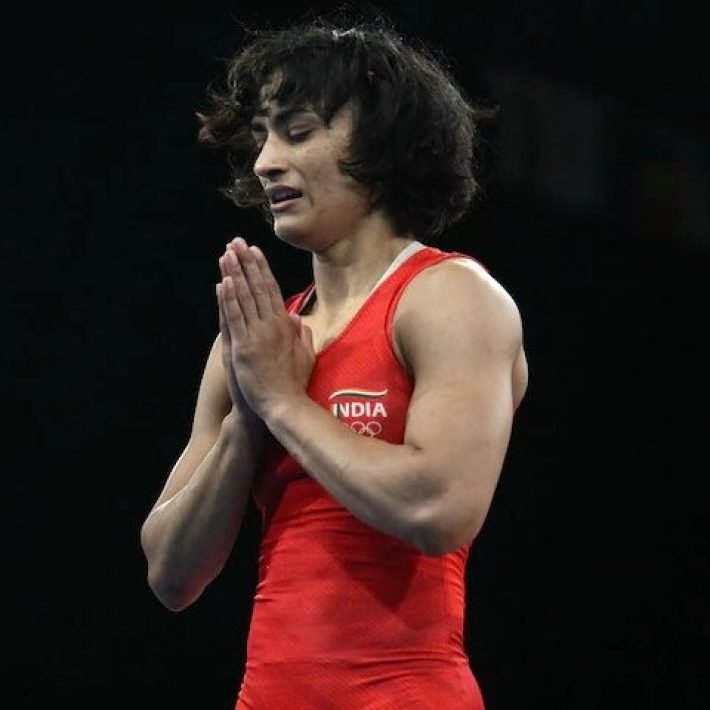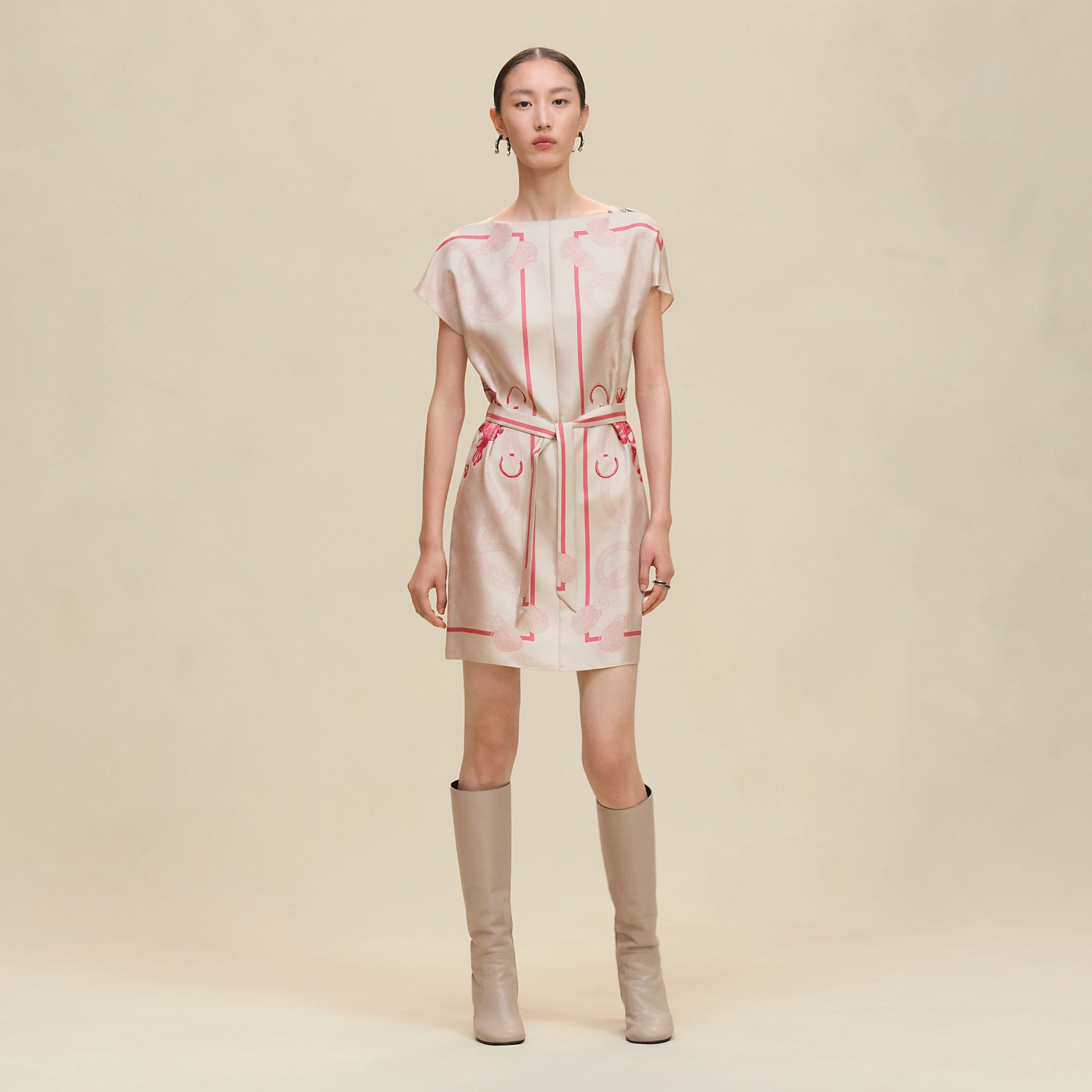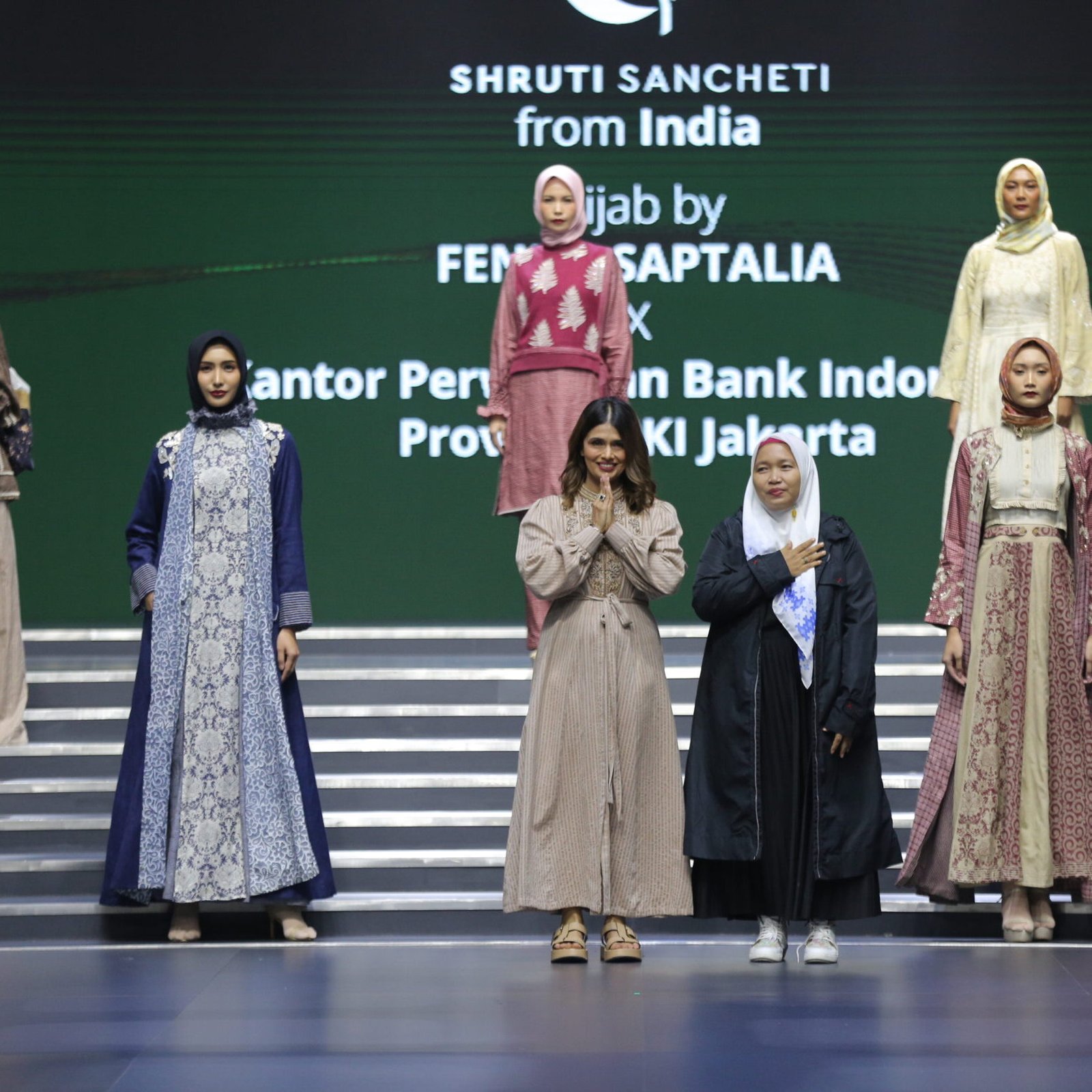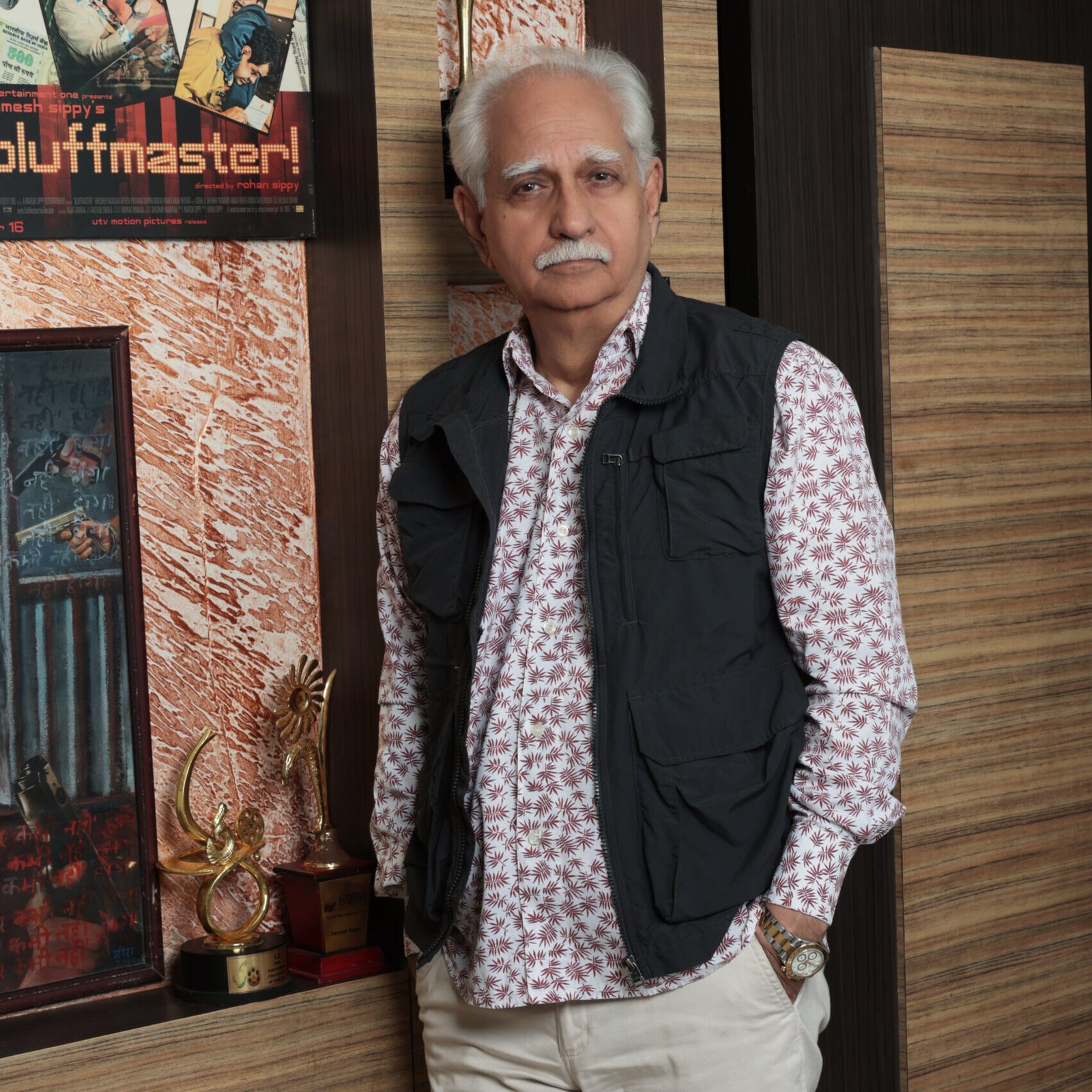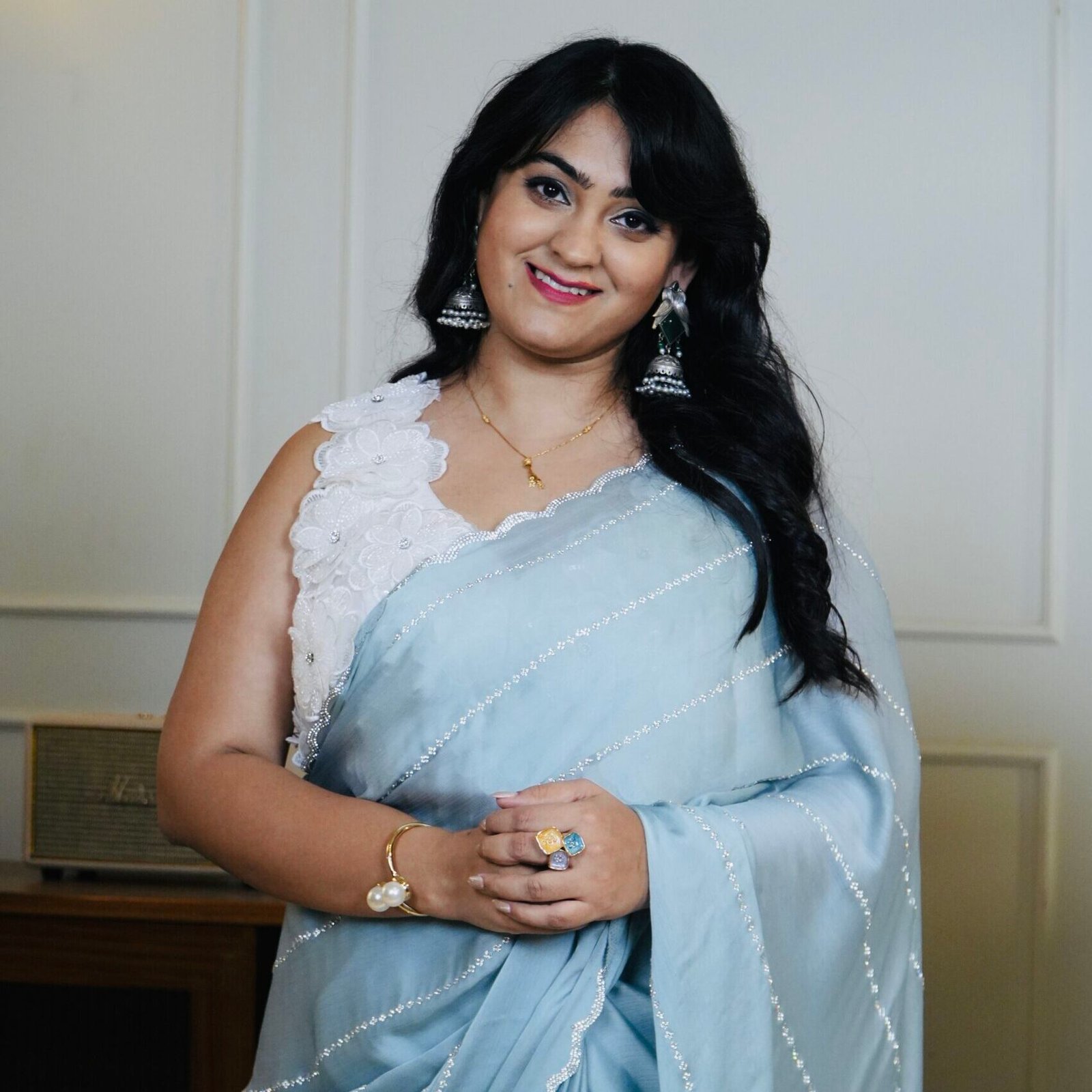10,714 athletes, 329 events, 32 sports, 48 disciplines… Blood, sweat, tears… and gold. As the French would say: Incroyable!
By Nichola Marie
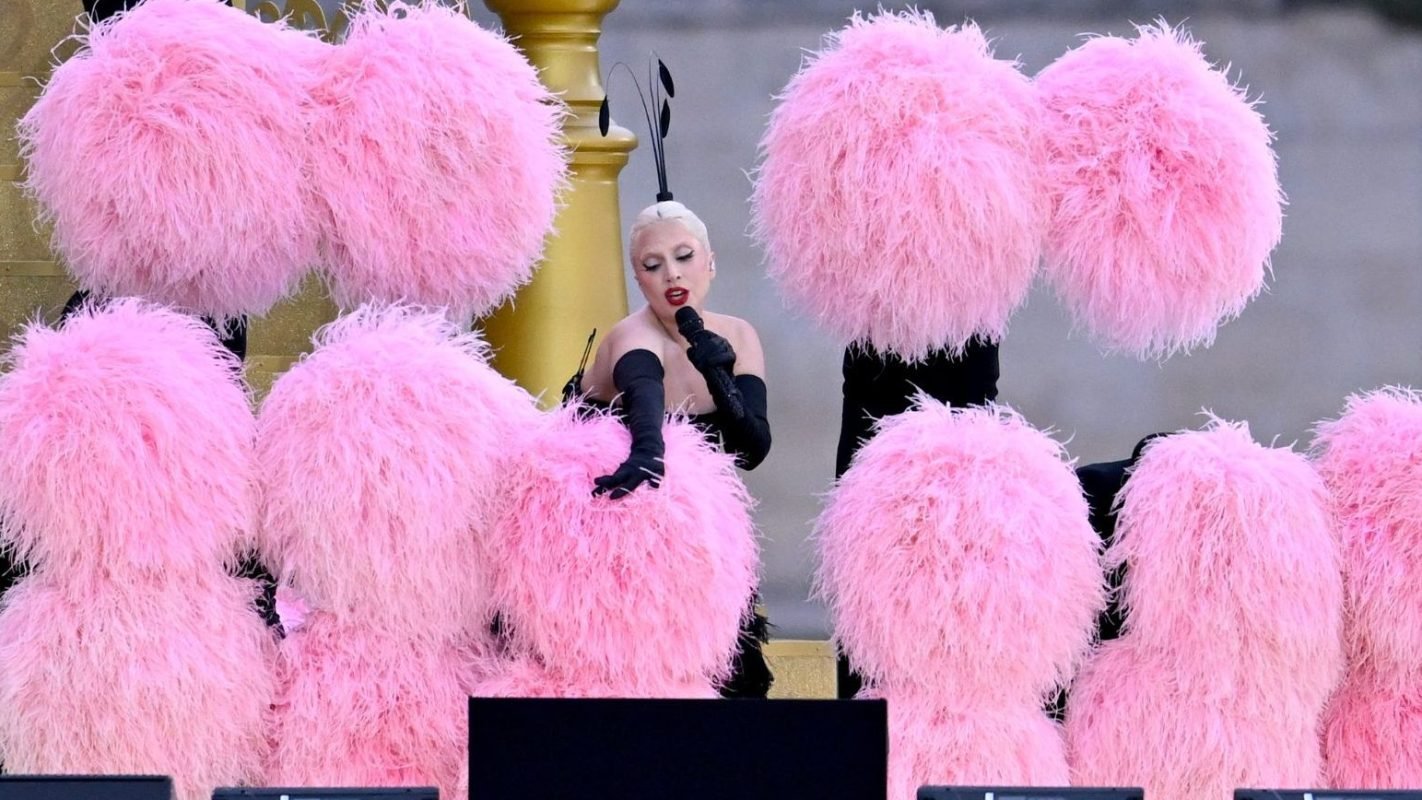
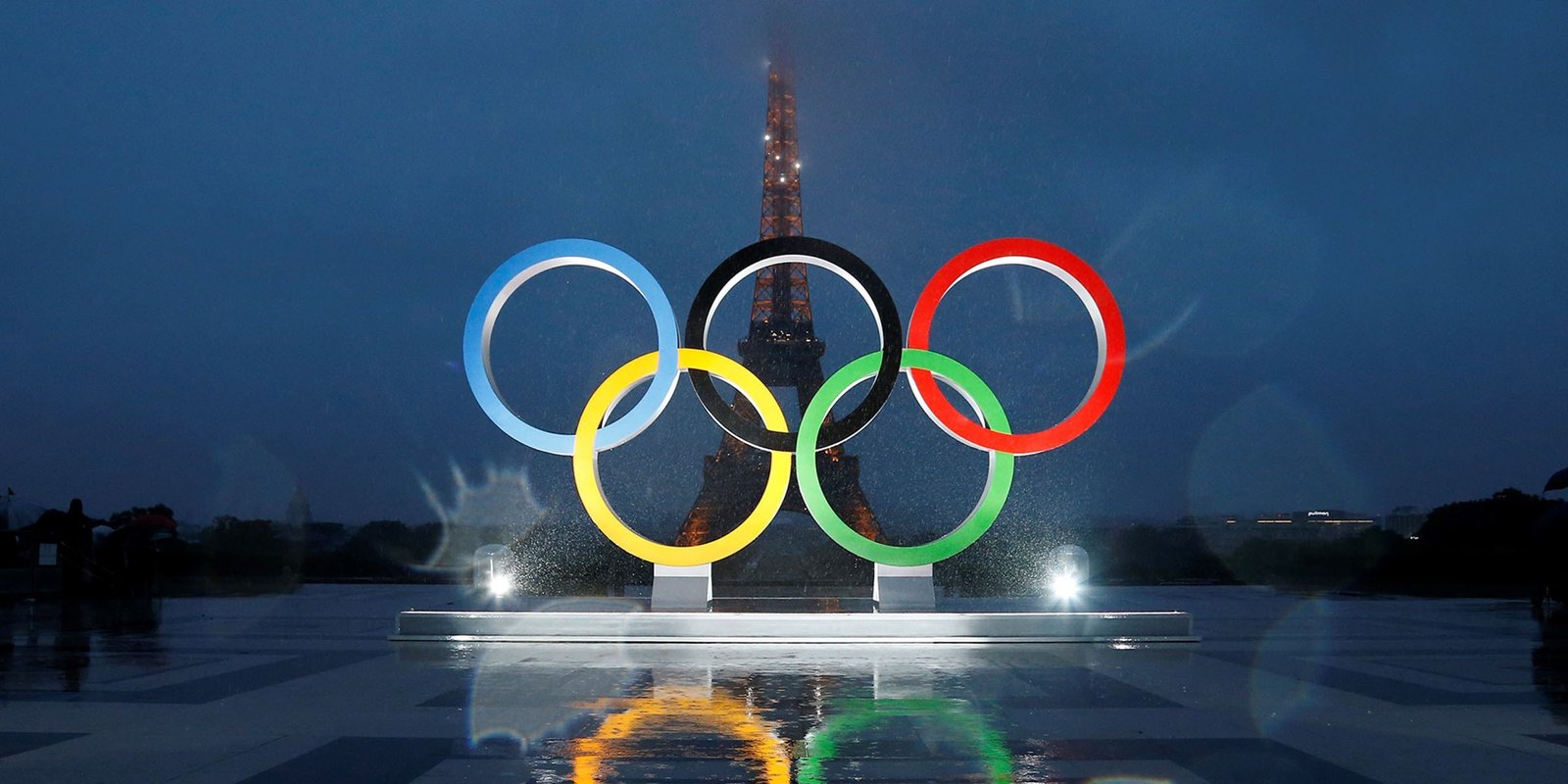
City of Light, City of Love, call it what you will, Paris made the perfect setting for the Olympics 2024. The city had beaten out competition from initial candidate cities including Boston, Budapest, and Rome, to be chosen by the International Olympic Committee (IOC) to host the 2024 Olympics. What helped tip the scales in its favour was its emphasis on using existing facilities to minimise costs and environmental impact, which aligned with the IOC agenda aimed at promoting sustainability and efficiency.
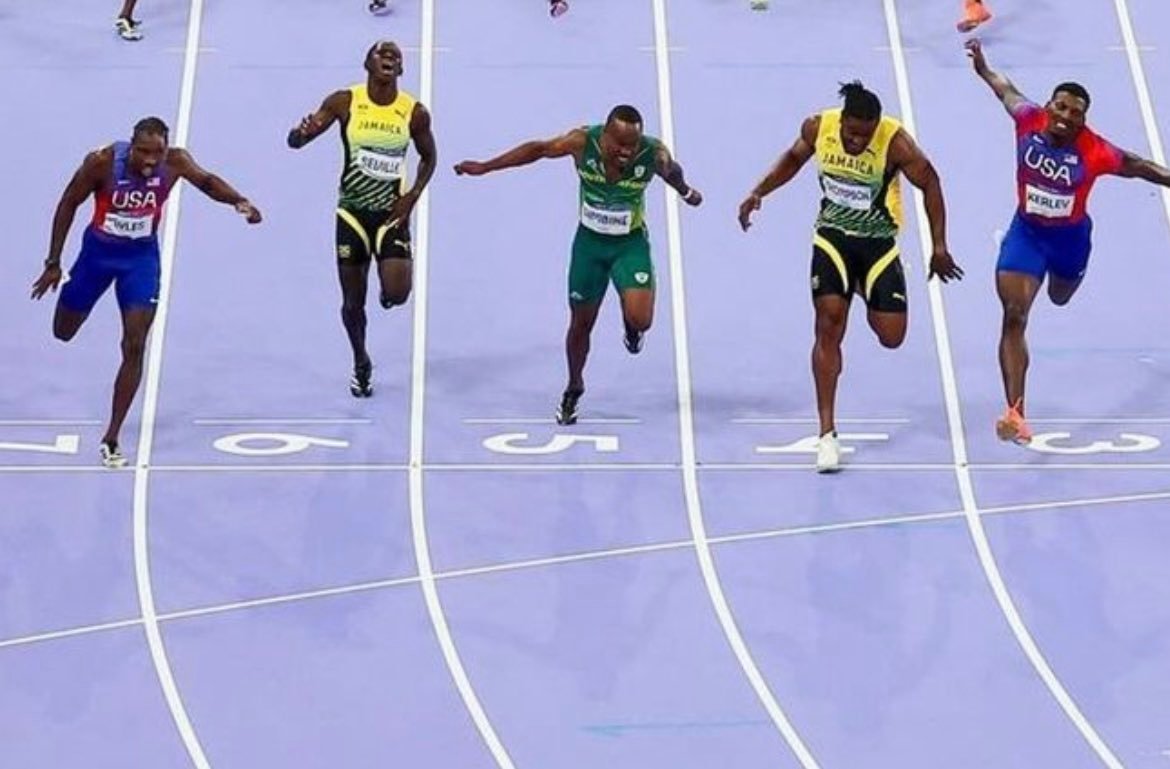
France’s long and deep connection with the Olympics also helped… It is, after all, French educator and historian Pierre de Coubertin, who is credited with reviving the Olympics in the modern era, presenting the idea in 1894 for the games that commenced in 1896.
Projecting an image of sports within urban landscapes, Paris hosted the Olympics for the third time in its history, shining a light on athletic excellence to amazing effect. The grand opening ceremony set the tone. Directed by Thomas Jolly, it was held outside of a stadium for the first time in modern Olympic history. Athletes were paraded by boat along the Seine to a temporary venue at Jardins du Trocadéro, where the official protocols took place. The parade was interspersed with a 12-act artistic programme, reflecting the culture of France and its history, taking place at adored Paris landmarks such as Notre-Dame, Musée d’Orsay, and the Eiffel Tower. The ceremony also featured musical performances by French musicians such as Gojira, and Aya Nakamura, alongside international musicians Céline Dion and Lady Gaga. And when the latter descended a gilded staircase, next to the River Seine, in Dior Couture bustier and black satin panties with a feather headdress, declaring, “Bonsoir! Bienvenu a Paris!” before her riveting cover of Mon truc en plumes, with a crew of dancers wielding pink feathered pom poms… well, it could only happen in Paree!
Moving Moments
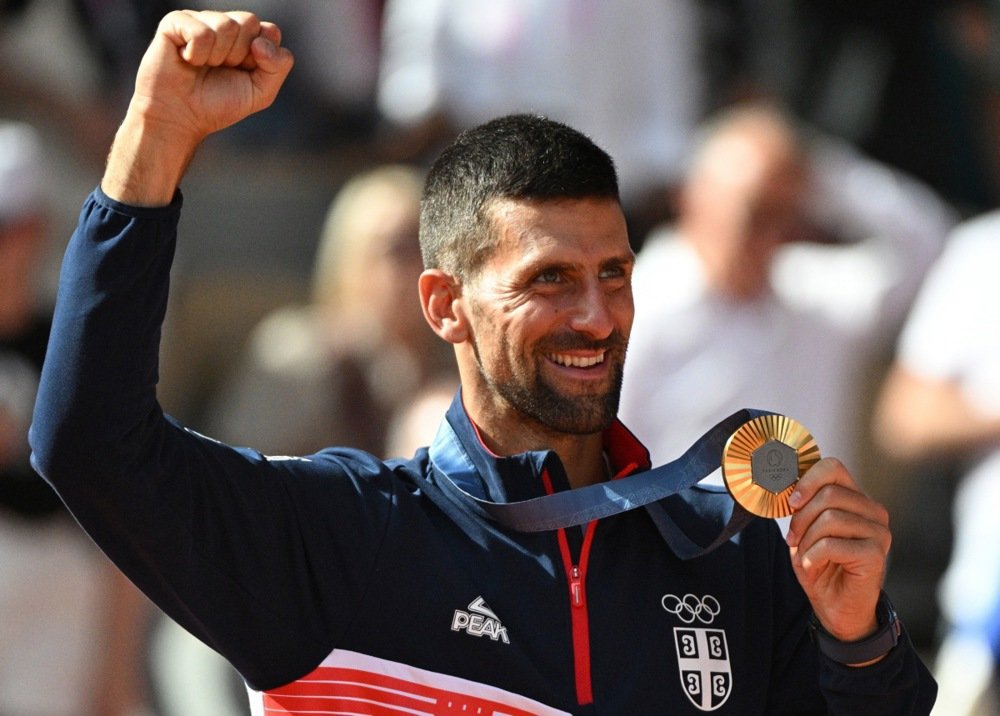
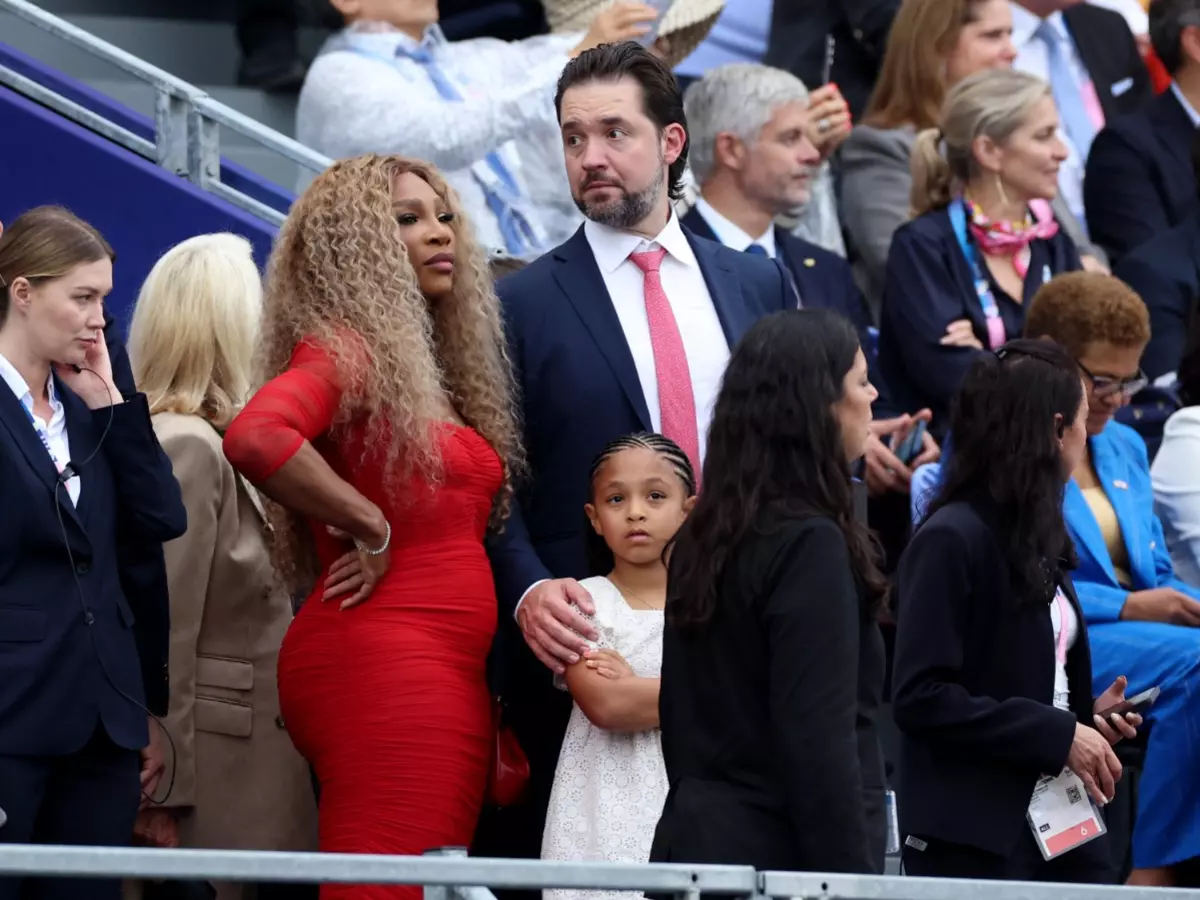
Held between July 26 and August 11, 2024, at an approximate cost of $8.87 billion, and with a motto that declared ‘Games wide open’, the games took place in the host city Paris, with some events held in 16 additional cities spread across metropolitan France, including the sailing centre in France’s Marseille, on the Mediterranean Sea, and a subsite for surfing in Tahiti, French Polynesia, more than 15,000 kms away! The United States topped the medal table by gold and overall for the fourth consecutive Summer Games, earning 40 gold medals and 126 medals. China tied with the United States in terms of gold medals (40), but finished second overall due to having fewer silvers; the nation won 91 medals in total. Japan finished third with 20 gold medals and sixth in the overall medal count with 45 medals.
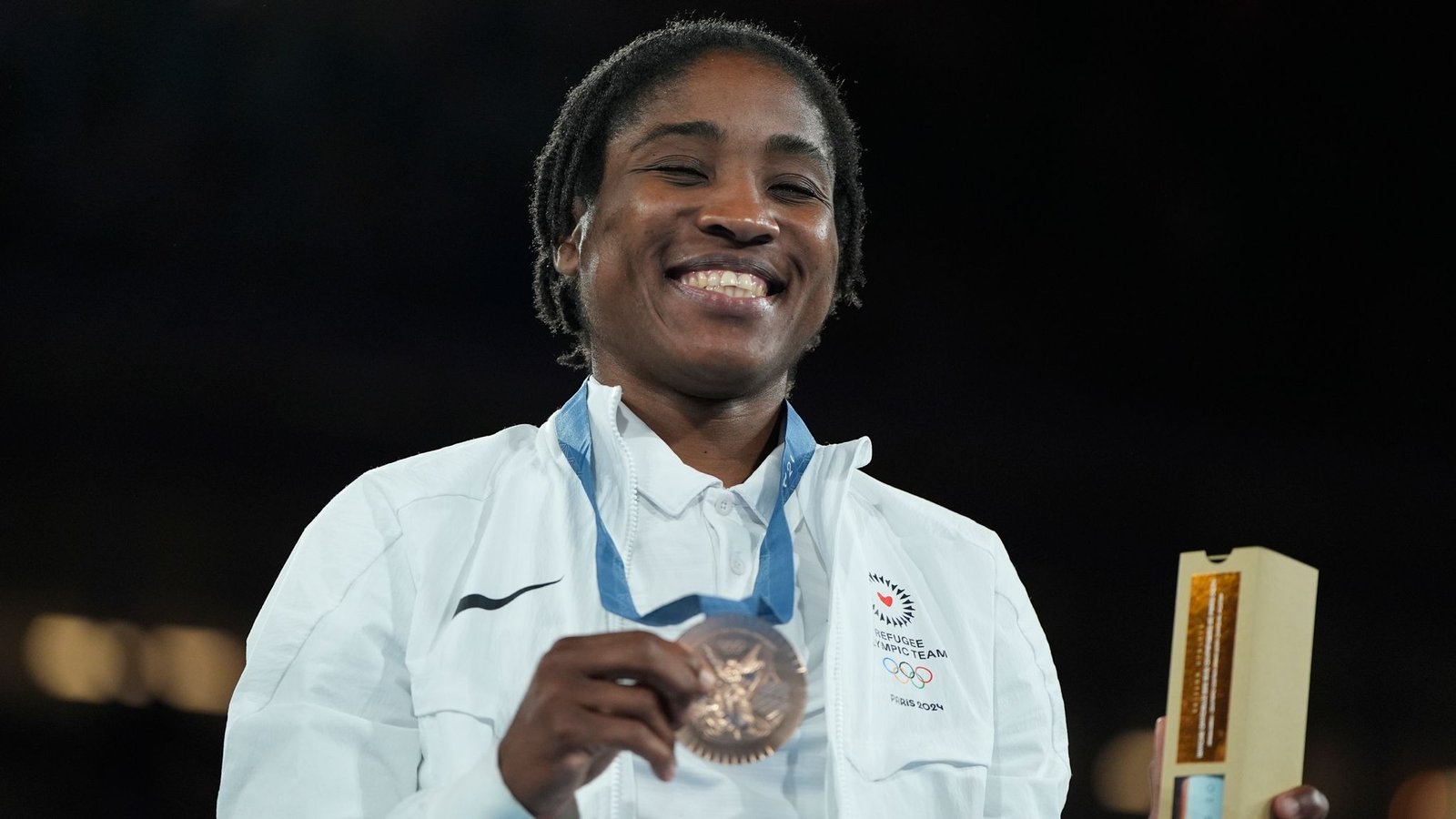
Naturally, there was no shortage of triumph and jubilation as the winners seized their moment of glory to last a lifetime… Particularly heartfelt was Cindy Ngamba winning a bronze medal, becoming the first-ever Olympian to win a medal for the Refugee Olympic Team (a group made up of independent Olympic participants who are refugees). “It means the world to me to be the first ever refugee athlete to win a medal,” Ngamba said after the fight. Her historic win sends a powerful message of hope to around 120 million forcibly displaced people across the world.
Firsts are ever so special, as two Caribbean islands – Dominica and St Lucia – rejoiced on capturing their first Olympic medals ever — both of them golds — thanks to triple-jumper Thea LaFond-Gadson and sprinter Julien Alfred, respectively. Cabo Verde, Africa, also won its first medal. As did the 24 Grand Slam-winning Novak Djokovic, who won his very first Olympic gold – the only major title in tennis that had eluded him so far. Falling to his hands and knees in tears after match point, defeating Carlos Alcaraz who had denied him of a win at Wimbledon just a few weeks earlier, Djokovic rushed to the stands to hug his family and hold up a large flag of his native country, Serbia. He has called his win “the biggest sporting achievement I have had.”
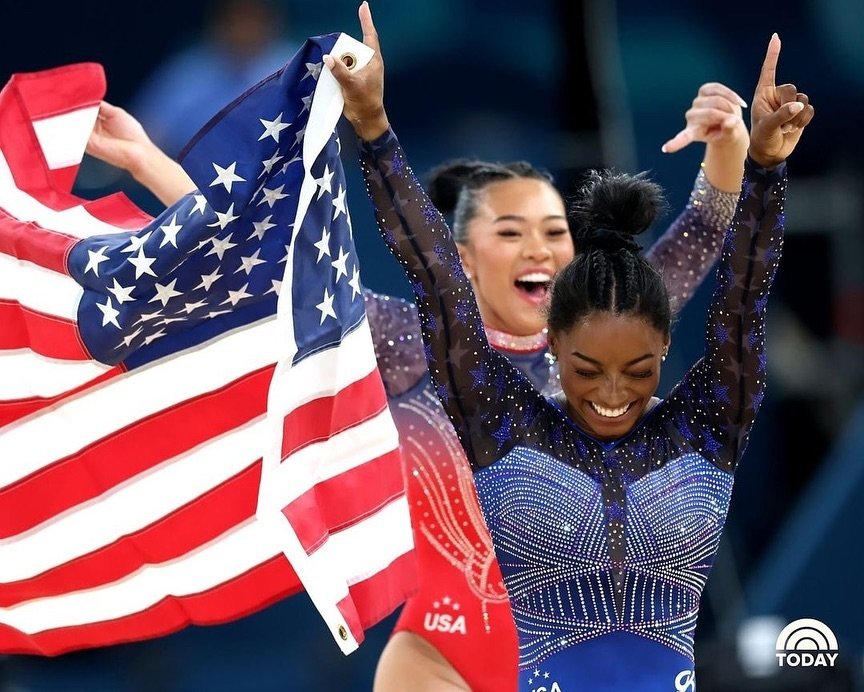
The games were a sea of redemption for Simone Biles, widely considered the greatest gymnast of all time. From a dominant debut in Rio, to mental struggles in Tokyo, to regaining her form to secure two gold medals at Paris, she led the US team to gold and captured the all-around title. Biles exited the 2024 Olympics as an 11-time medal winner, also giving the importance of mental health an invaluable shoutout. Black power also received a boost when the winners of the women’s floor final – Brazil’s Rebeca Andrade (gold), Simone Biles (silver) and Jordan Chiles (bronze) lined up on the podium. It marked the first Olympic gymnastics podium with three Black women, even as Biles and Chiles cutely bowed to Andrade. Former US First Lady Michelle Obama also saluted the three women, saying, “I’m still not over this beautiful moment of sisterhood and sportsmanship! You can just feel the love shining through these ladies.”

The camaraderie and respect that transcends borders shone through respective javelin competitors, Neeraj Chopra of India and Arshad Nadeem of Pakistan. Despite the underlying India vs Pakistan rivalry that surfaces whenever the two compete, the two athletes remain staunchly supportive of each other. While Nadeem claimed his country’s first-ever individual gold medal in style with an Olympic record of 92.97m, Chopra secured silver with 89.45m. Subsequently, their respective mothers won even more hearts, declaring that both young men were like their own sons. “We are very happy with the silver, the one who got gold is also our child and the one who got silver is also our child. All are athletes, all work hard,” said Saroj Devi, while Raziah Parveen vouched, “Neeraj is also like our son and I pray for him that he wins medals. Winning and losing is part of sport but they are like brothers.”
While Chopra later admitted that he wasn’t at his best during the Olympics, as fears of aggravating an injury held him back, Jamaica’s Kishane Thompson also reflected on his agonizingly close loss to Noah Lyles in the 100m final; Thompson’s time of 9.879 seconds was just 0.005 seconds short of Lyles’ winning time of 9.874 seconds. “It’s not just about missing the gold — it’s about not being the best version of myself,” Thompson lamented, admitting that his lack of self-trust in those final, crucial moments cost him the victory.
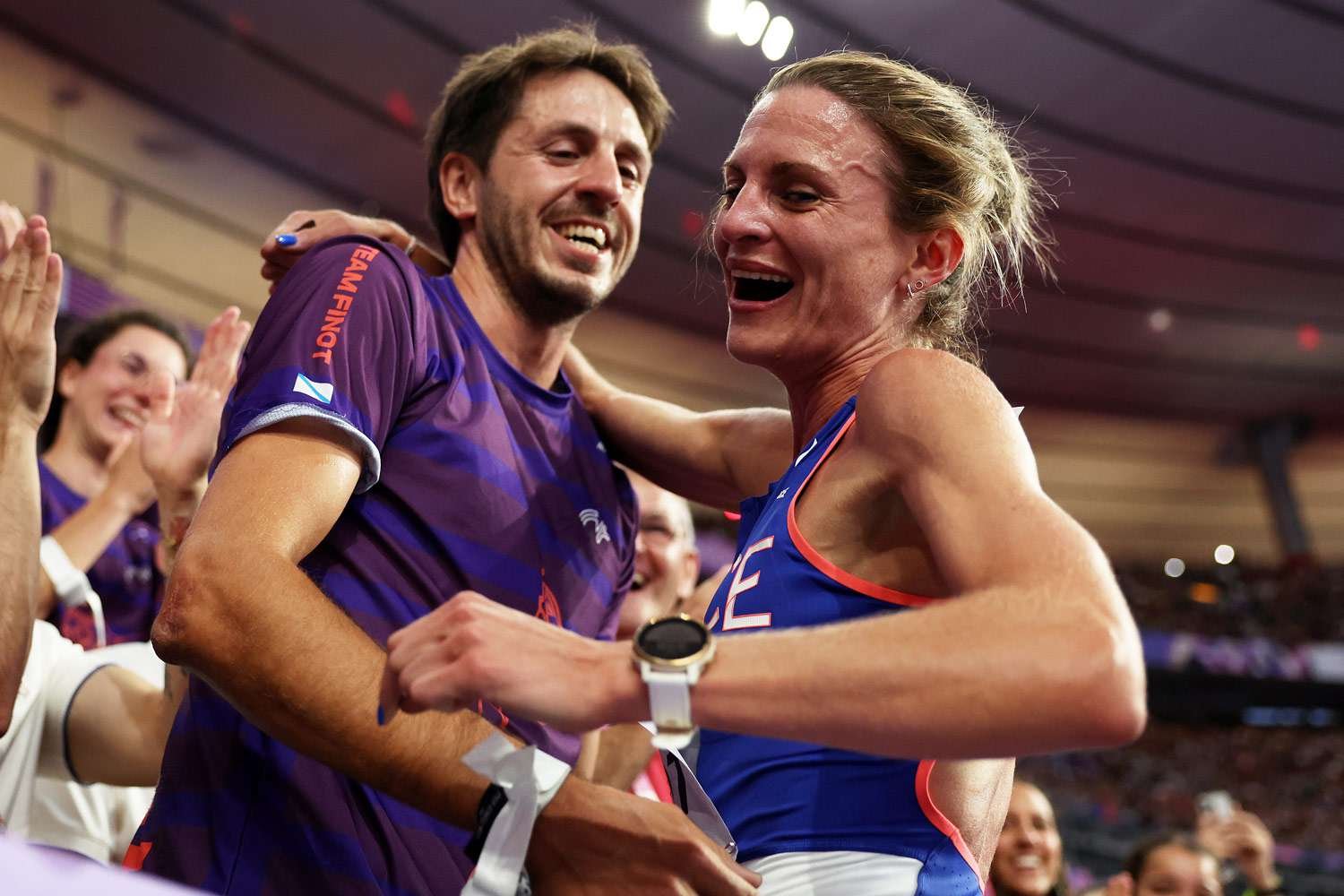
Even more heartbreaking was the case of Indian wrestler Vinesh Phogat. Set to become the first Indian woman to compete in a wrestling final at the Olympics, her dream was cut short after her failure to make the weight on the morning of the gold medal bout. Despite taking drastic measures to cut down her weight, she was found marginally overweight at the mandatory weigh-in and was disqualified. On the heels of her distressing exit, a desolate Phogat announced her retirement from the sport itself.
If some hearts ached, others rejoiced… After China’s Huang Yaqiong won the gold — alongside partner Zheng Siwei — in badminton mixed doubles, Yaqiong’s boyfriend, fellow badminton player Liu Yuchen, got down on one knee right after the medal ceremony and popped the question. A few days later, French athlete Alice Finot, after completing her 3,000-meter steeplechase, walked up to the stands and put a ring (actually, an Olympic pin) on it. She proposed to her boyfriend, Spanish triathlete Bruno Martínez Bargiela, who accepted the proposal and the pin.
India Alive
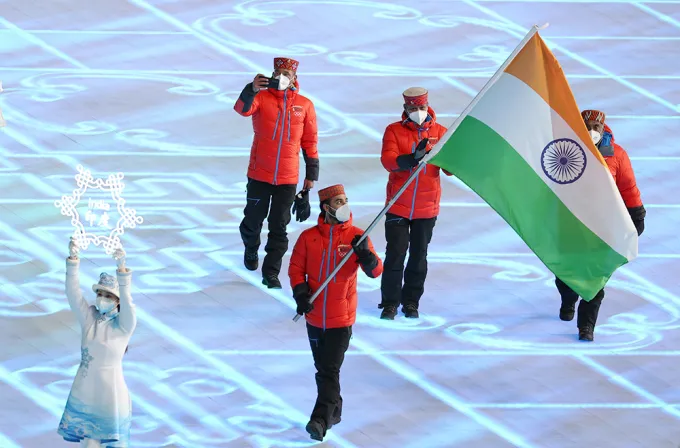
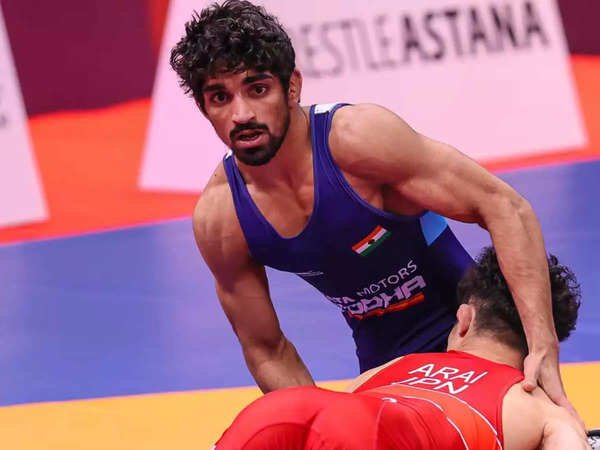

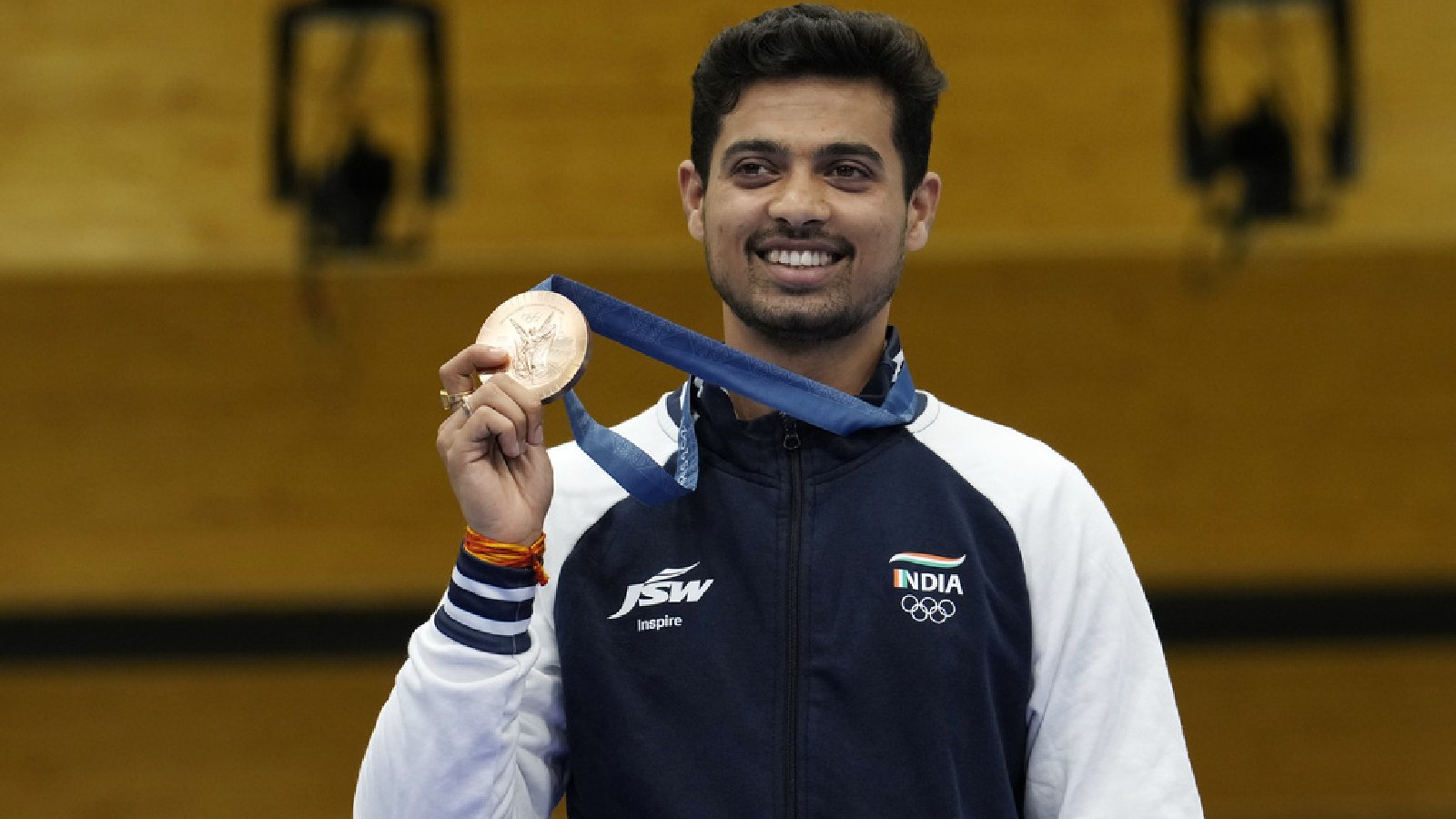
The Indian contingent of 117 athletes sought medals and sporting immortality in Paris but narrowly missed out on some big wins — no less than six potential medals from badminton player Lakshya Sen, weightlifter Mirabai Chanu and wrestler Vinesh Phogat. Still, there was much to cheer about: six medals, including a silver from the most successful individual Indian Olympian Neeraj Chopra, and five bronze.
It was India’s biggest haul in a sport in a single edition of the Olympics – namely in shooting. Manu Bhaker won the first medal for India, bagging a bronze and becoming the first Indian woman to win an Olympic shooting medal. She then went on to create history by becoming the first Indian to win two medals at a single edition of the Olympics after she won a mixed team 10m air pistol bronze with Sarabjot Singh. A third bronze medal came in shooting from Swapnil Kusale.
The Indian men’s hockey team matched their Tokyo 2020 success with the bronze in Paris. Captain Harmanpreet Singh led India’s charge in Paris and scored 10 goals while legendary goalkeeper PR Sreejesh shone with some scintillating performances. It was Sreejesh’s last international tournament.
Aman Sehrawat became India’s youngest Olympic medallist when he won bronze in wrestling.
India participated in a total of 69 medal events across 16 sports, including archery, athletics, badminton, boxing, equestrian, golf, hockey, judo, rowing, sailing, shooting, swimming, table tennis and tennis.
Did you know that overall, India has won 41 medals at the Olympics to date? India’s account had been opened in Paris in 1900 by Norman Pritchard’s dual silver in the 200 metres and the 200 metres hurdles.
